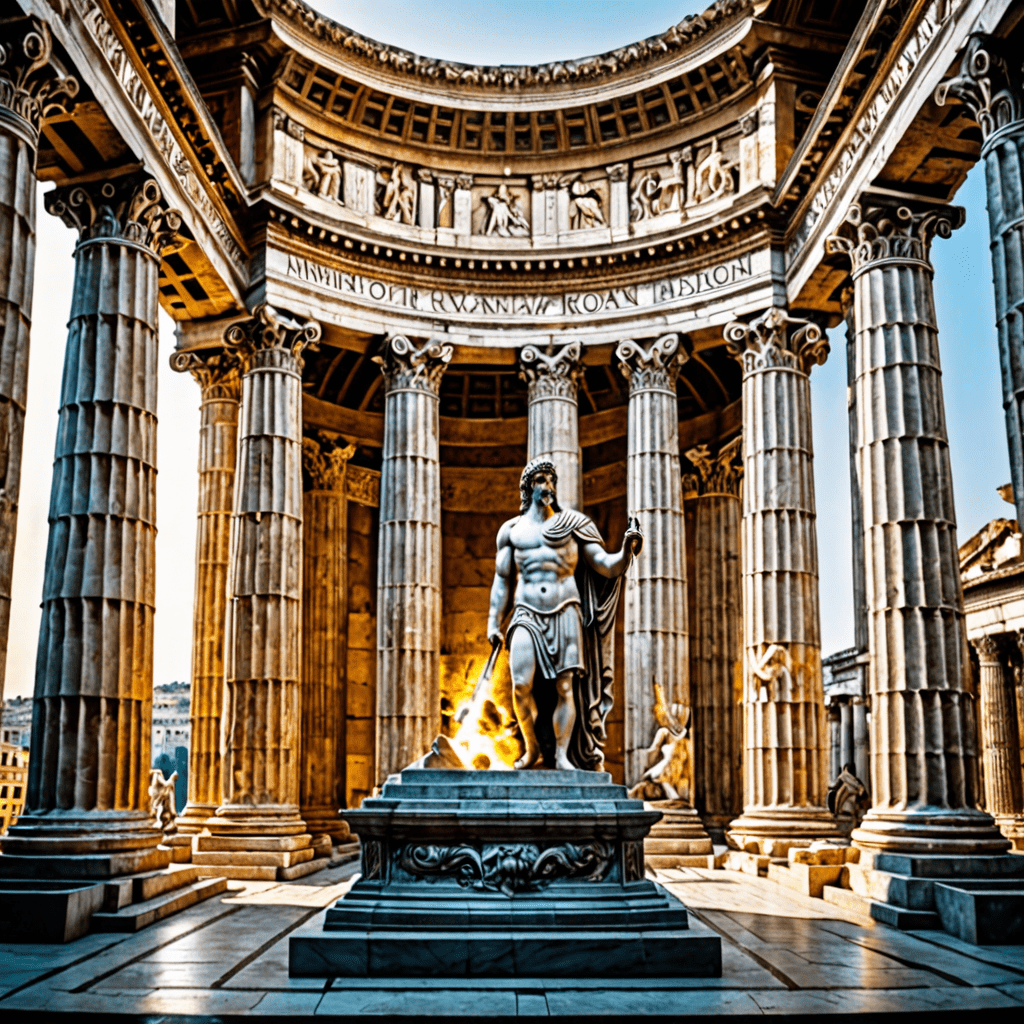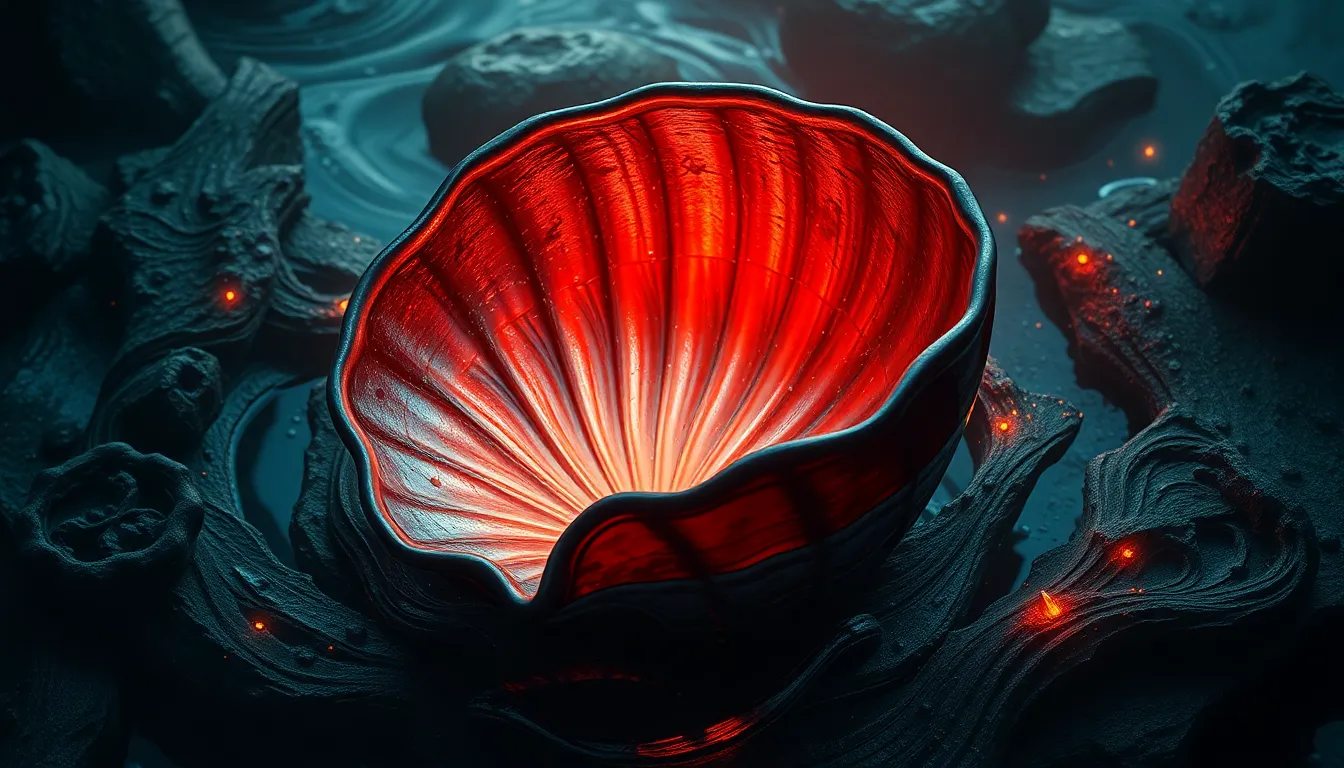The Roman Pantheon: Deities of Construction and Progress
Roman mythology brims with a diverse array of deities, each influential in various spheres of life. Among these mythological figures, several gods held dominion over construction, progress, and innovation. Let’s delve into the realm of Roman gods associated with these essential aspects of ancient society.
Vulcan – The Master Craftsman
In Roman mythology, Vulcan (or Vulcanus) embodied the epitome of craftsmanship and innovation. Known as the god of fire and the forge, Vulcan was revered for his exceptional skills in metalworking, blacksmithing, and all manners of construction. It was believed that he crafted exquisite weapons and armor for the gods, imbued with an otherworldly quality that ensured their supremacy in battles. In Roman society, Vulcan was worshipped not only as a deity of craftsmanship but also as a symbol of perseverance and creativity in the pursuit of one’s endeavors.
Minerva – Goddess of Wisdom and Strategic Warfare
A prominent figure in Roman mythology, Minerva held significant influence over not just wisdom and warfare tactics but also prudent urban planning and construction. Known as the goddess of wisdom, arts, and trade, Minerva played a pivotal role in guiding the progress and innovation of Roman society. Often depicted with symbols representing creative arts and strategic warfare, Minerva symbolized the fusion of intellect, skill, and foresight essential for societal advancement and the erection of majestic structures across the Roman Empire.
Mercury – The Messenger of Progress
Mercury, the swift-footed messenger of the gods, was not only associated with communication and commerce but also held a pivotal role in driving progress and development. In Roman mythology, Mercury’s influence extended to promoting trade, travel, and innovative endeavors. As the god of transitions and boundaries, Mercury facilitated the exchange of ideas and technologies essential for architectural advancements and societal growth. His presence signified the interconnectedness of diverse realms, fostering collaboration and progress in construction projects and urban planning.
Ceres – Patroness of Agriculture and Cultivation
While primarily known as the goddess of agriculture and fertility, Ceres played a crucial role in nurturing the foundational aspects of construction and progress in Roman society. As the divine patroness of crops, harvests, and fertility of the earth, Ceres ensured the sustenance and prosperity necessary for the growth of communities and the development of architectural wonders. The cultivation of land under her guidance paved the way for urban expansion, architectural innovation, and the flourishing of civilization in the Roman world.
These distinguished deities of Roman mythology symbolize the multifaceted aspects of construction, progress, and innovation that underpinned the flourishing of ancient society. Their enduring influence continues to resonate through time, reflecting the inherent human desire for growth, development, and the construction of enduring legacies.
Frequently Asked Questions about Roman Mythology: Gods of Construction and Progress
Who are the main gods associated with construction and progress in Roman mythology?
In Roman mythology, Vulcan (also known as Hephaestus in Greek mythology) is the primary god of construction, blacksmiths, and fire. Another significant deity is Janus, the god of beginnings, transitions, and passage of time, often symbolizing progress and change.
What role do these gods play in Roman belief systems?
Vulcan is revered for his craftsmanship and ability to forge weapons and tools, essential for progress and construction in ancient Rome. Janus, as the god of transitions, is invoked during periods of change and advancement, seeking his blessings for new beginnings and successful progress.
How are these gods typically depicted in Roman art and literature?
Vulcan is often portrayed with a hammer and anvil, symbolizing his skill in metallurgy and construction. Janus is depicted with two faces, looking to the past and the future simultaneously, embodying his role in overseeing transitions and progress in Roman society.
What significance do these gods hold in Roman culture and history?
The worship of Vulcan and Janus reflects the importance of construction, progress, and change in Roman society. These gods emphasize the value of hard work, innovation, and adaptation in advancing civilization and achieving prosperity.



